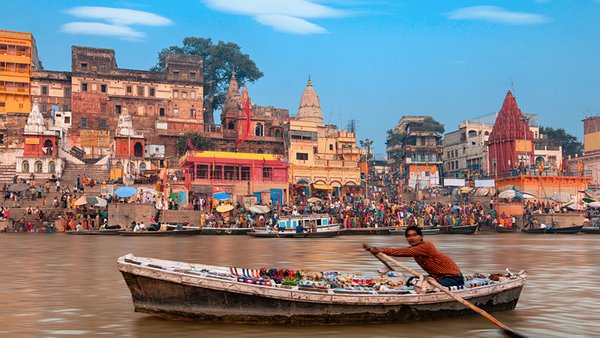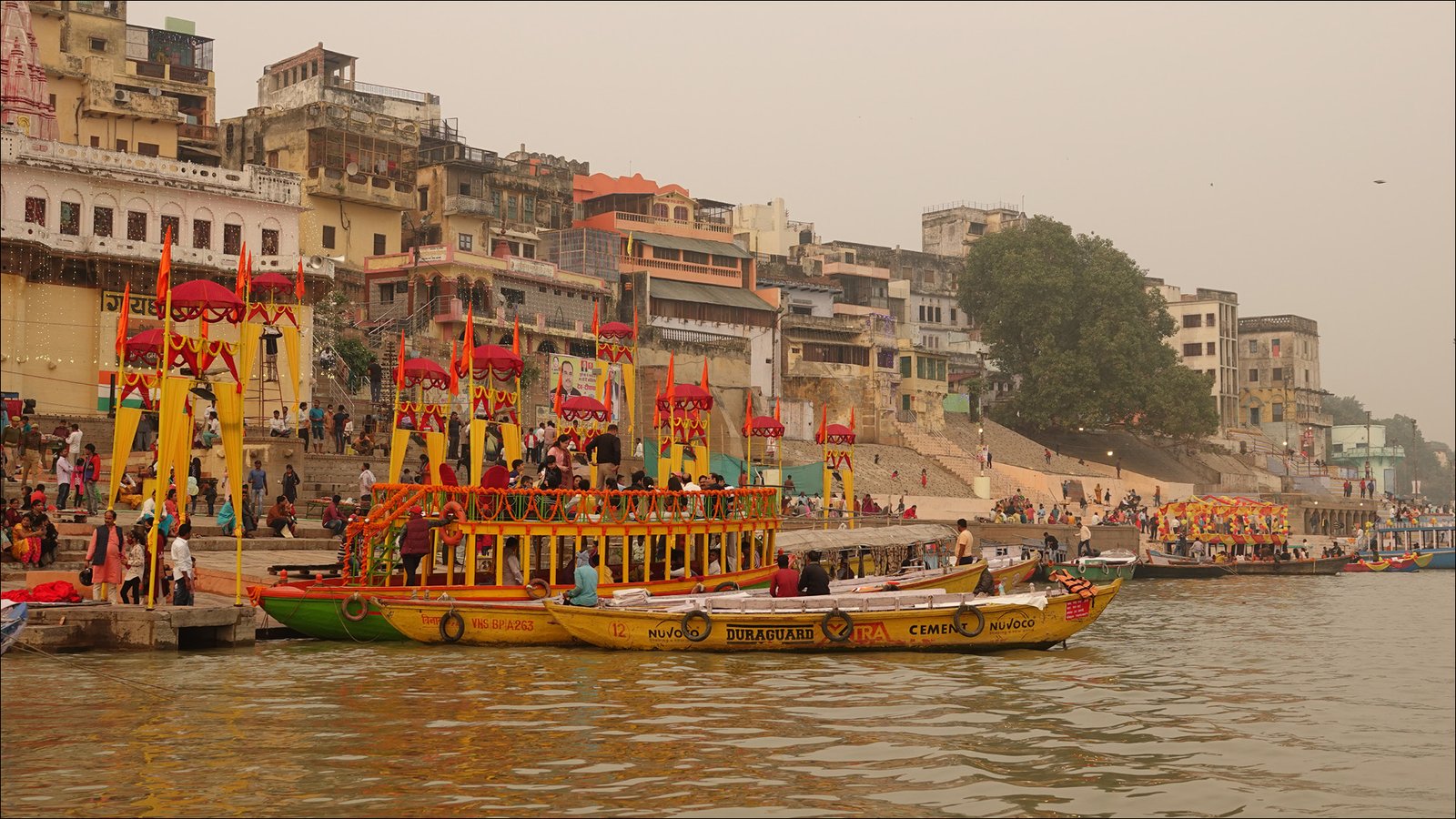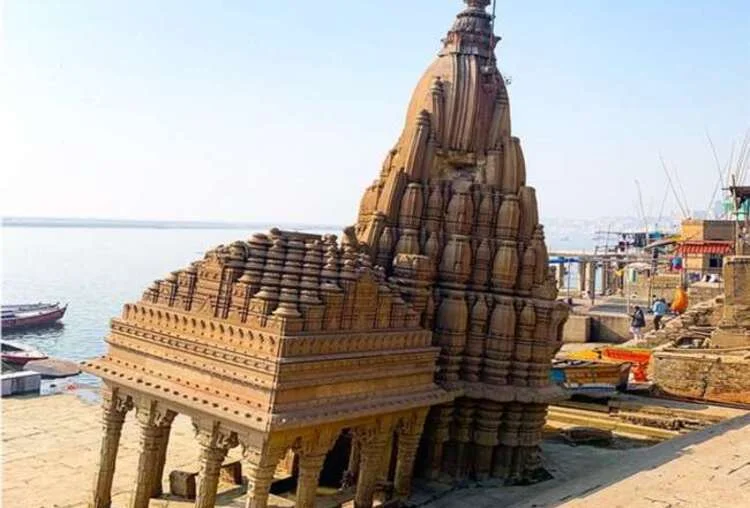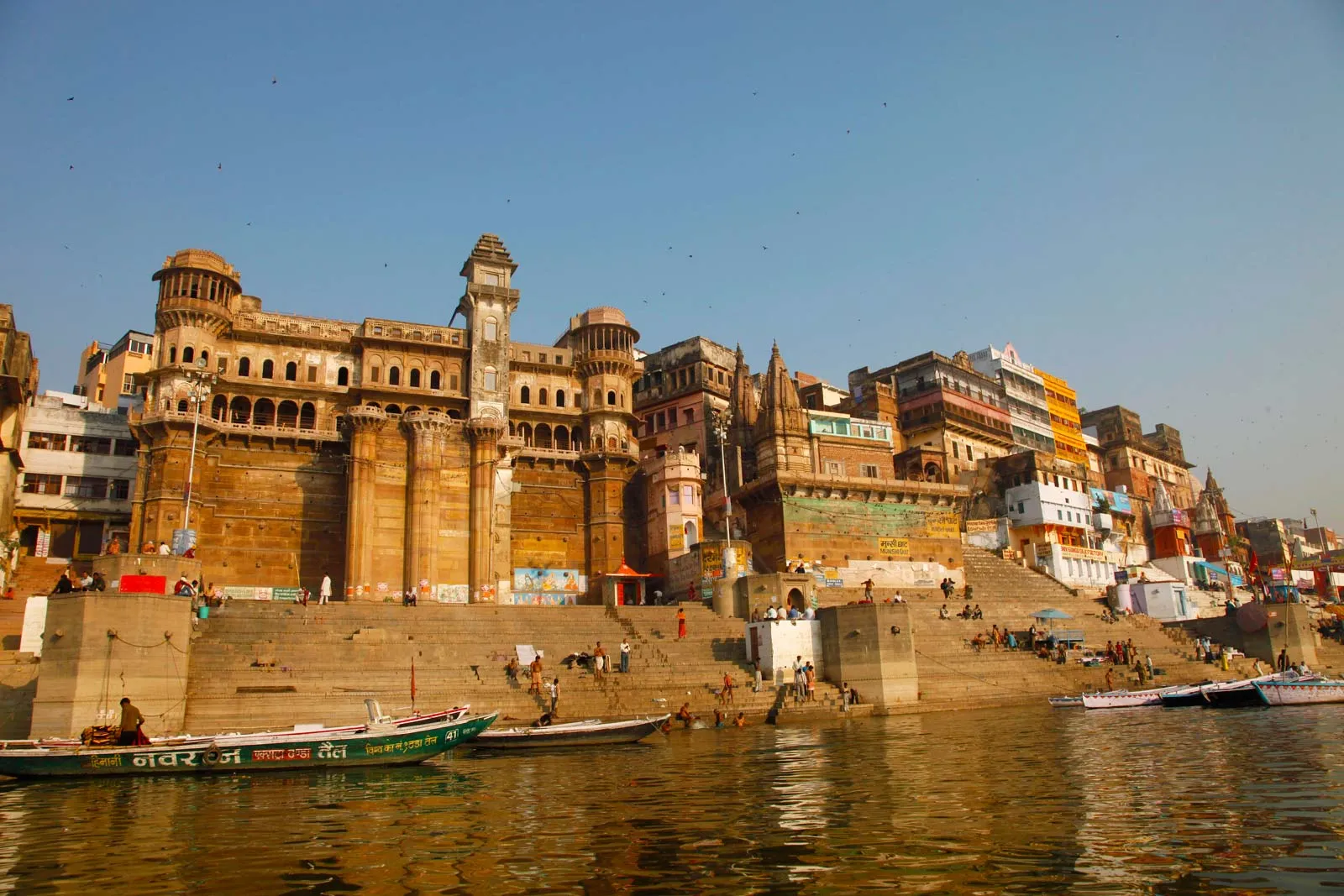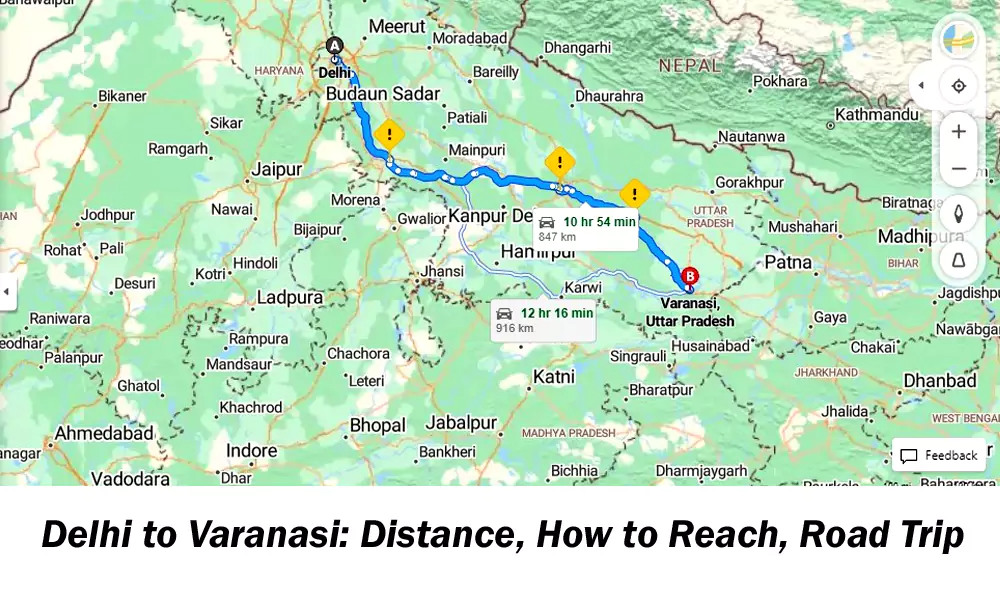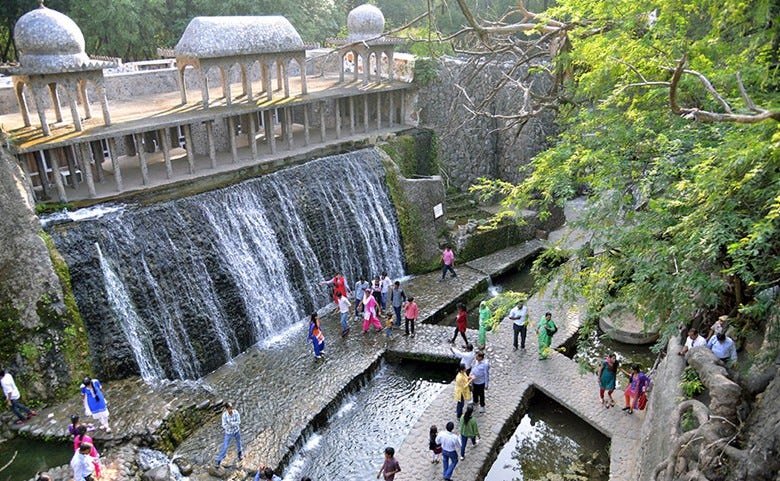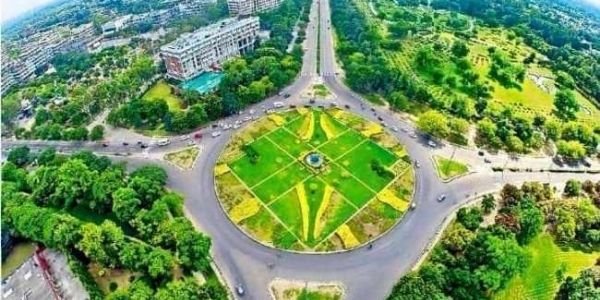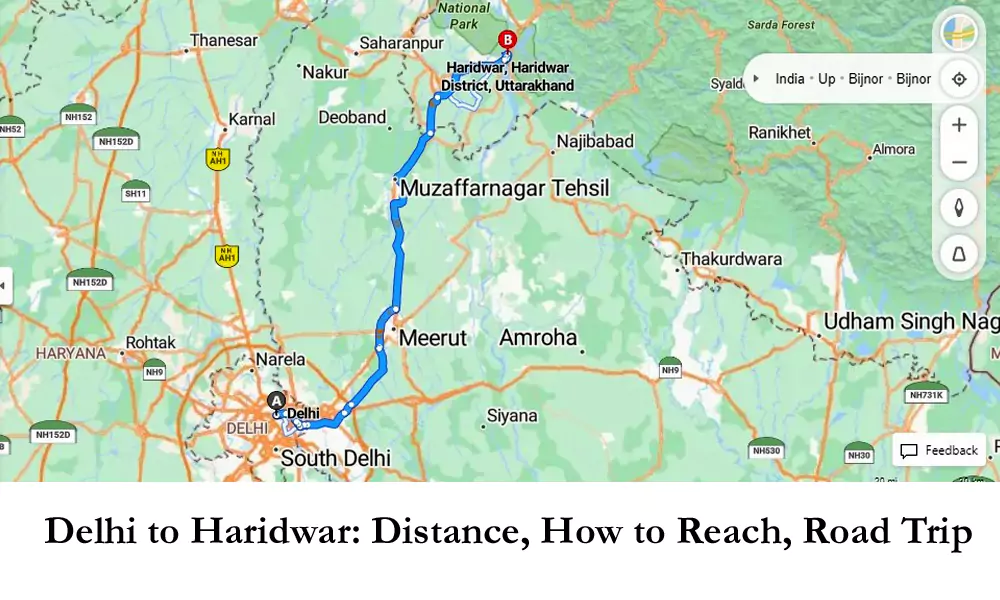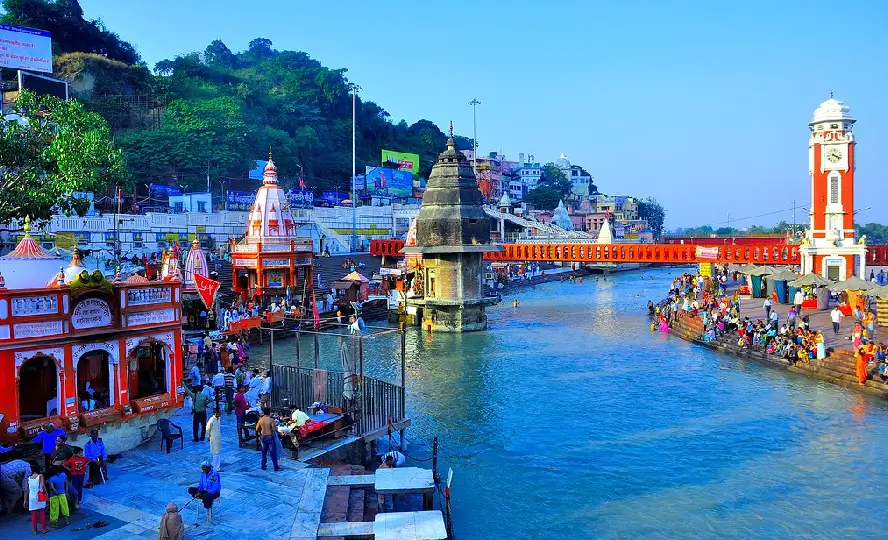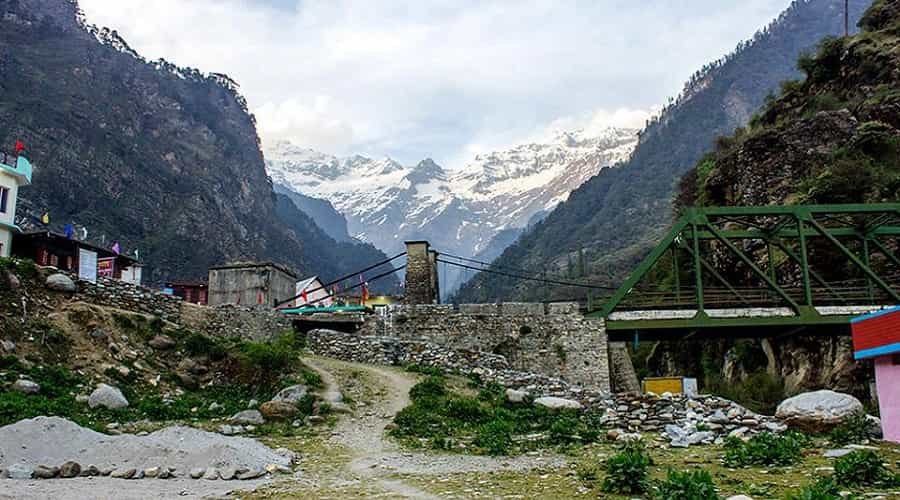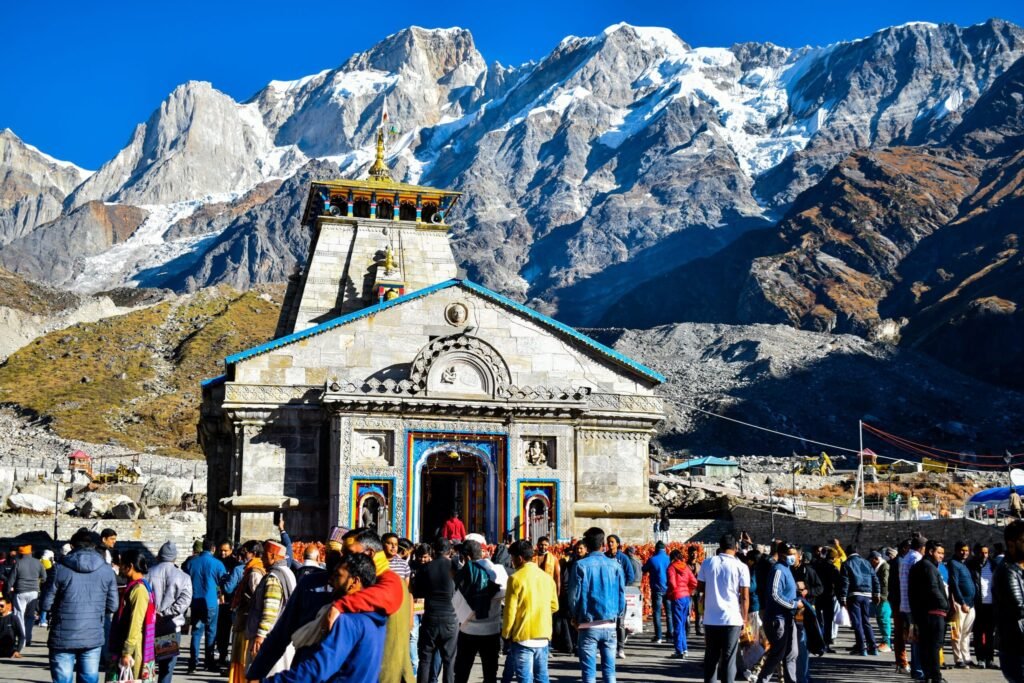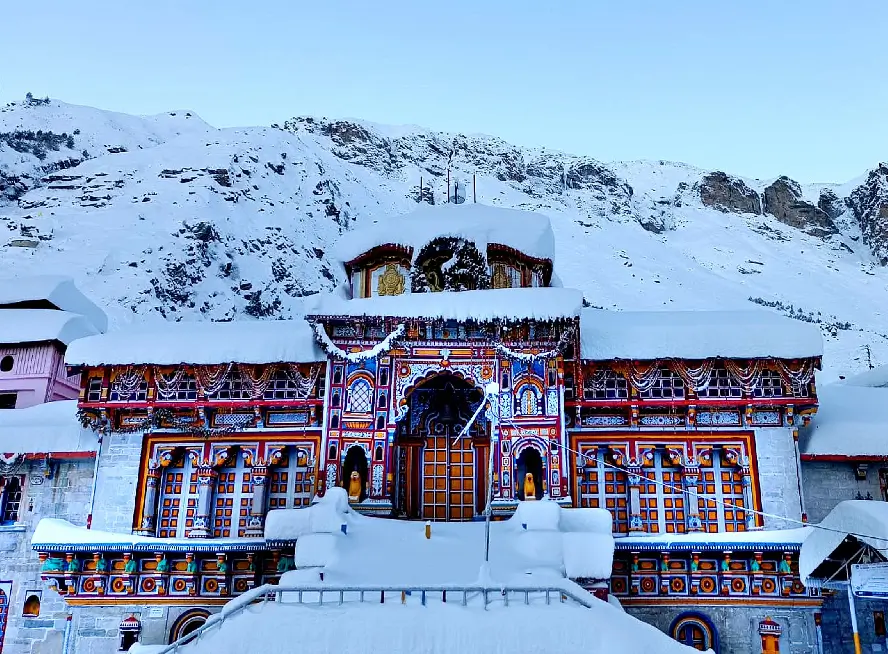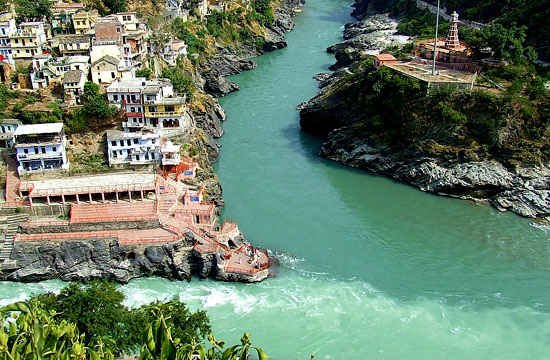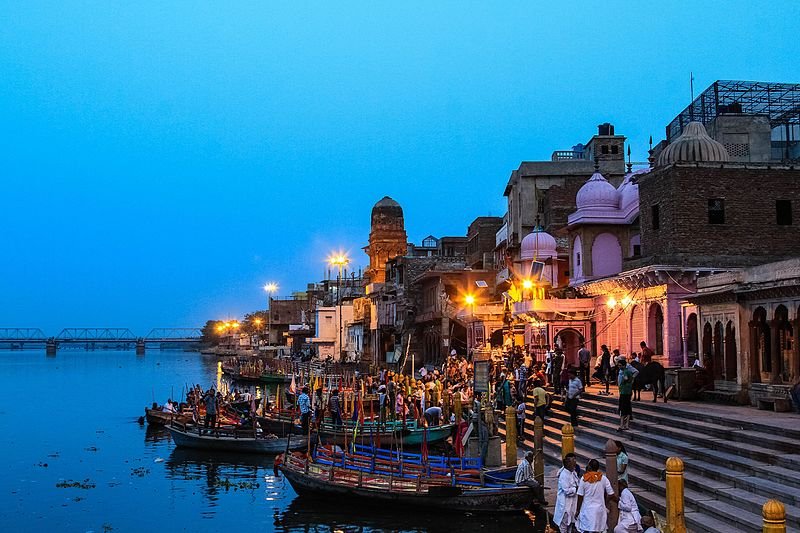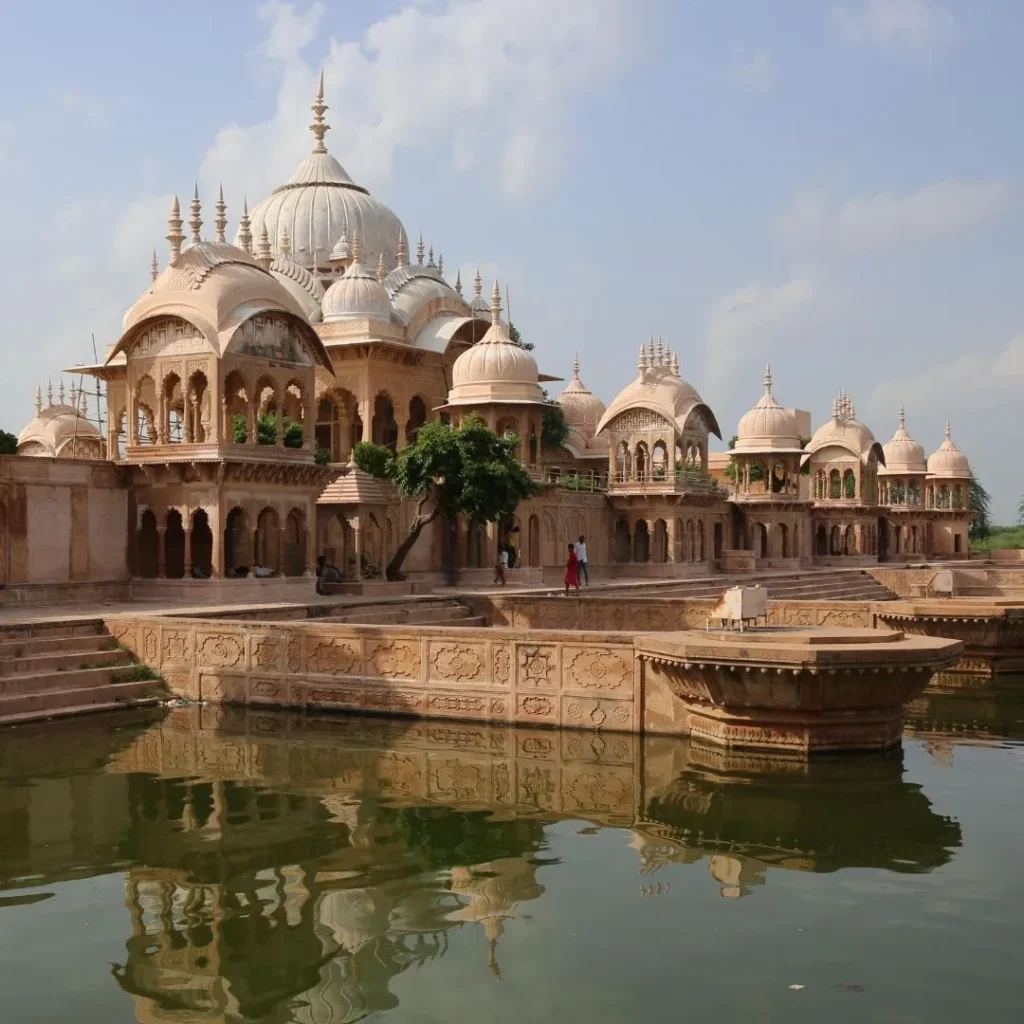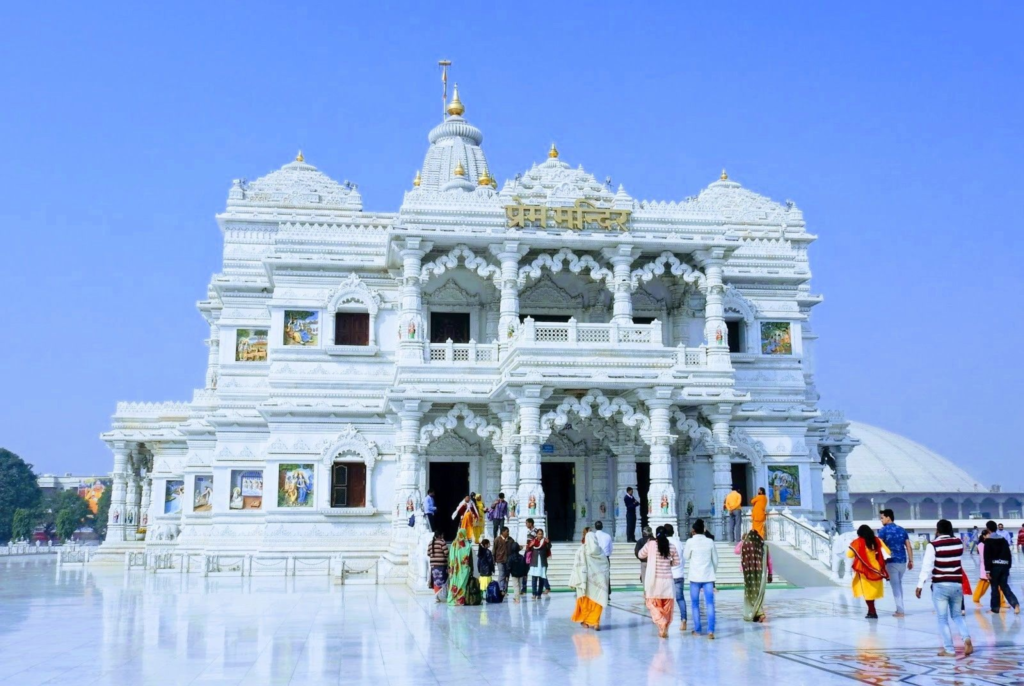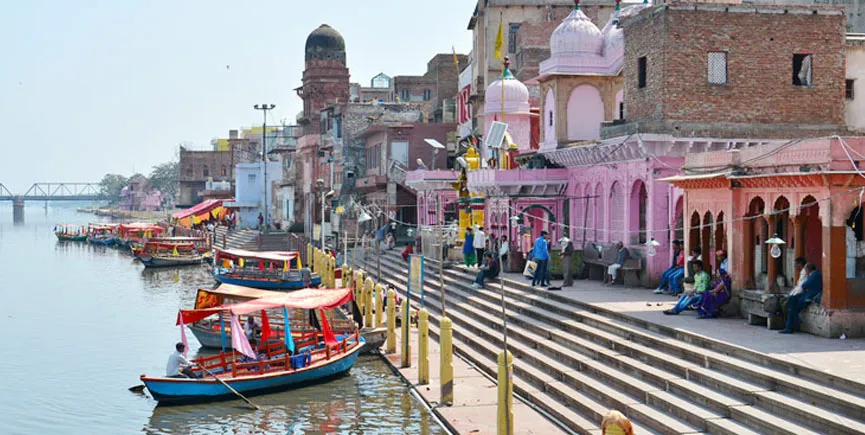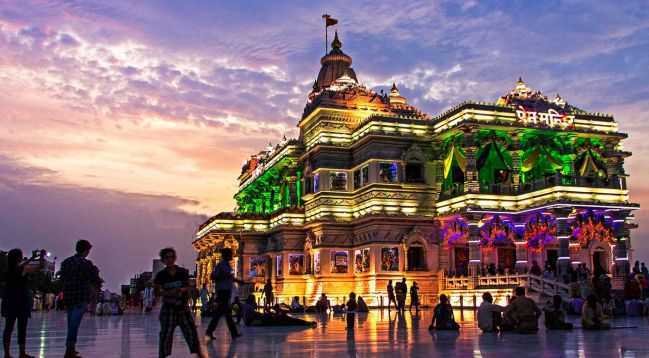Expedition to varanasi
Rs. 7500 / Person (Minimum 4 Person)
An expedition to Varanasi can be a deeply enriching experience, blending spiritual exploration with cultural immersion.
Varanasi is one of the world’s oldest continually inhabited cities. Kashi, its ancient name, was associated with a kingdom of the same name of 2,500 years ago. The Lion capital of Ashoka at nearby Sarnath has been interpreted to be a commemoration of the Buddha’s first sermon there in the fifth century BCE.
- Spiritual Exploration
- Ganga Aarti: Attend the mesmerizing Ganga Aarti ceremony at Dashashwamedh Ghat, where priests perform rituals to honor the Ganges, creating a spiritual ambiance with chanting, music, and the lighting of lamps.
- Temple Visits: Explore famous temples like the Kashi Vishwanath Temple, dedicated to Lord Shiva, and the Sankat Mochan Hanuman Temple, known for its vibrant spiritual energy.
- Cultural Immersion
- Local Cuisine: Savor traditional Banarasi dishes such as kachoris, chaat, and lassi. Culinary classes can be included for an authentic experience.
- Silk Weaving: Discover Varanasi’s rich tradition of silk weaving by visiting local artisans and witnessing the intricate process of making Banarasi silk sarees.
- River Activities
- Boat Rides: Enjoy early morning or sunset boat rides on the Ganges River, offering a unique perspective of the ghats (steps leading to the river) and the city’s spiritual life.
- Holy Dip: Participate in the ritual of taking a holy dip in the Ganges, believed to cleanse sins and provide spiritual rejuvenation.
- Heritage and History
- Exploration of Ghats: Stroll along the numerous ghats, each with its own history and significance, such as Manikarnika Ghat (the primary cremation ghat) and Assi Ghat.
- Historic Sites: Visit sites like the Sarnath, where Buddha delivered his first sermon after enlightenment, which is just a short drive from Varanasi.
- Personal Growth and Reflection
- Meditation and Yoga: Engage in meditation and yoga sessions held in serene locations along the Ganges to enhance personal growth and inner peace.
- Spiritual Workshops: Participate in workshops on Hindu philosophy, Vedic chanting, or Ayurvedic practices to deepen your understanding of Indian spirituality.
Ideal Itinerary
Day 1: Arrival and Orientation
- Arrive in Varanasi and check into your accommodation.
- Evening: Attend the Ganga Aarti ceremony.
Day 2: Temple Visits and Local Experiences
- Morning: Boat ride on the Ganges followed by a visit to Kashi Vishwanath Temple.
- Afternoon: Explore local markets and taste street food.
- Evening: Attend a spiritual discourse or workshop.
Day 3: Cultural and Historical Exploration
- Morning: Visit Sarnath and the archaeological site.
- Afternoon: Learn about silk weaving and meet local artisans.
- Evening: Free time to explore or relax.
Day 4: Meditation and Reflection
- Morning: Yoga and meditation session.
- Afternoon: Personal reflection or journaling by the river.
- Evening: Farewell dinner with cultural performances.
Cultural Heritage
- Language: The primary languages spoken in Varanasi are Hindi and Bhojpuri, though English is also commonly used in tourist areas.
- Art and Crafts: Varanasi is famous for its exquisite silk weaving, particularly Banarasi sarees, which are known for their intricate designs and luxurious fabric. The city is also home to various traditional art forms, including brass and wooden crafts.
- Music and Dance: The city has a rich tradition of classical music, especially Hindustani classical music. Varanasi is associated with renowned musicians and dancers, and cultural performances are held regularly.
3. Major Attractions
- Ghats: Varanasi is lined with over 80 ghats (steps leading to the river), each with its significance. Notable ghats include:
- Dashashwamedh Ghat: Known for the Ganga Aarti ceremony.
- Manikarnika Ghat: The primary cremation ghat, symbolizing the cycle of life and death.
- Assi Ghat: A popular ghat for locals and tourists, often featuring yoga sessions.
- Temples: In addition to the Kashi Vishwanath Temple, other important temples include:
- Durga Temple: Known as the Monkey Temple, dedicated to the goddess Durga.
- Sankat Mochan Temple: Dedicated to Lord Hanuman, this temple is frequented by devotees seeking relief from troubles.
4. Festivals
- Dev Deepawali: Celebrated in November, this festival marks the occasion of Lord Shiva’s victory over the demons. The ghats are illuminated with thousands of diyas (oil lamps).
- Mahashivaratri: A significant festival dedicated to Lord Shiva, where devotees flock to the Kashi Vishwanath Temple to offer prayers and perform rituals.
- Holi and Diwali: Like many parts of India, Varanasi celebrates these vibrant festivals with enthusiasm, with colorful celebrations and fireworks.
5. Culinary Delights
- Street Food: Varanasi is famous for its street food, including:
- Kachori and Sabzi: Spiced fried bread served with a flavorful potato curry.
- Chaat: A variety of snacks, often made with potatoes, yogurt, and tamarind sauce.
- Lassi: A creamy yogurt-based drink, often flavored with fruits or spices.
6. Spiritual Practices
- Yoga and Meditation: Many ashrams and centers in Varanasi offer yoga and meditation classes, providing spiritual seekers a peaceful environment for self-reflection.
- Pilgrimage: Devotees from all over India visit Varanasi to perform rituals, take holy dips in the Ganges, and seek blessings from the deities.
7. Travel Tips
- Best Time to Visit: The ideal time to visit Varanasi is from October to March when the weather is pleasant. Avoid the summer months (April to June) due to the extreme heat.
- Transportation: Varanasi is well-connected by train and air. The nearest airport is Lal Bahadur Shastri International Airport, located about 26 km from the city.
- Accommodation: A variety of accommodation options are available, from luxury hotels to budget guesthouses. Staying near the ghats can enhance the experience.
- Local Etiquette: Dress modestly when visiting temples and ghats. Respect local customs, especially during religious ceremonies.
Conclusion
A Varanasi expedition offers a unique opportunity to connect with ancient traditions, spirituality, and the vibrant culture of India. By focusing on both spiritual and cultural elements, this expedition can provide transformative experiences that deepen one’s understanding of life, faith, and the rich heritage of Varanasi. Whether you’re seeking personal growth, spiritual insights, or cultural knowledge, Varanasi has something to offer everyone.
Overview
Varanasi is one of the world’s oldest continually inhabited cities. Kashi, its ancient name, was associated with a kingdom of the same name of 2,500 years ago. The Lion capital of Ashoka at nearby Sarnath has been interpreted to be a commemoration of the Buddha’s first sermon there in the fifth century BCE.

